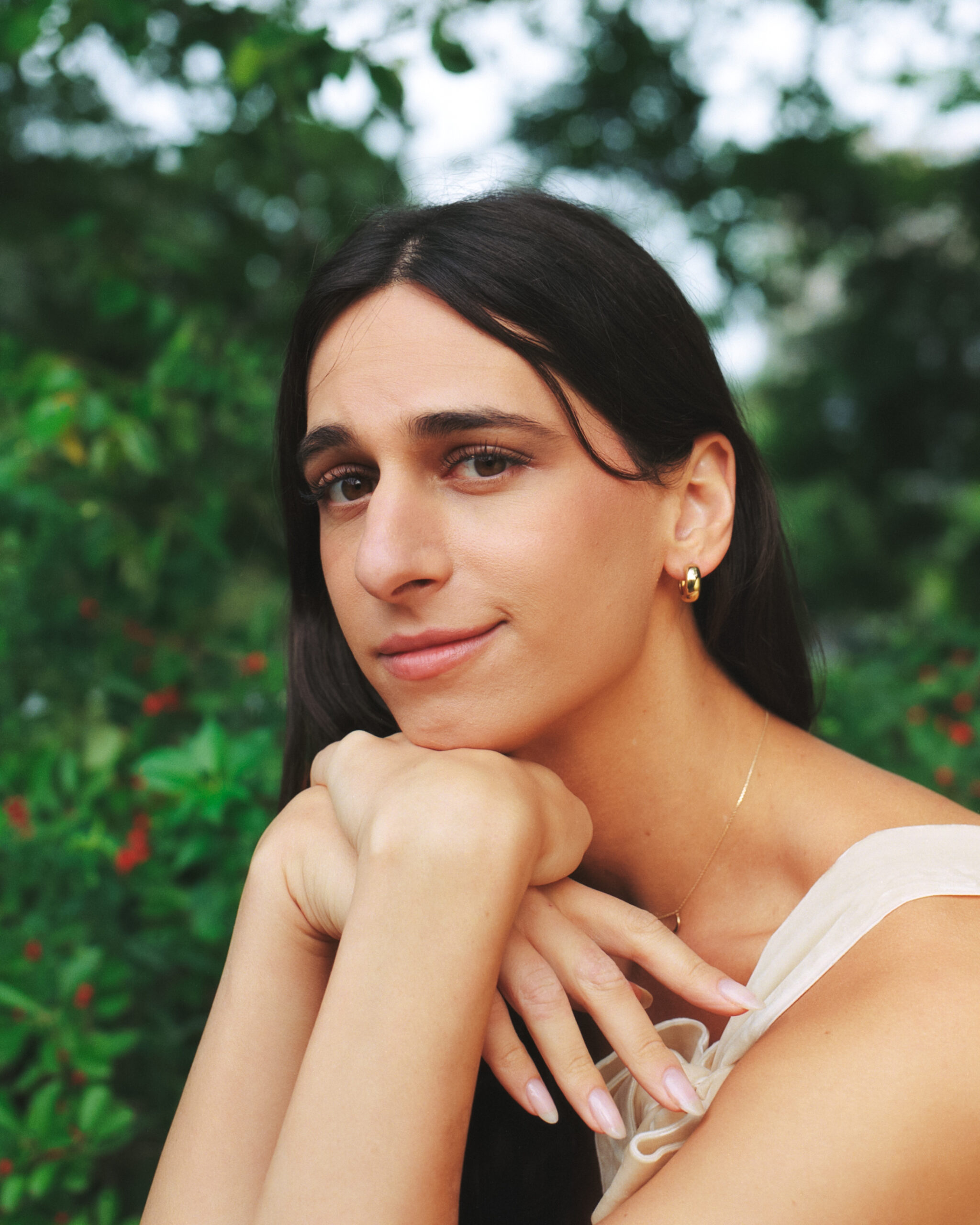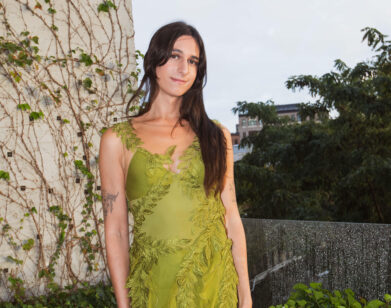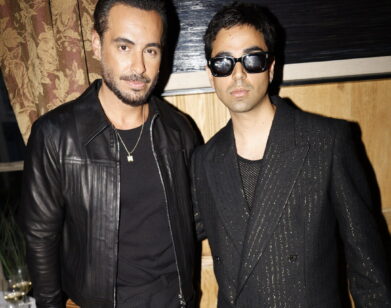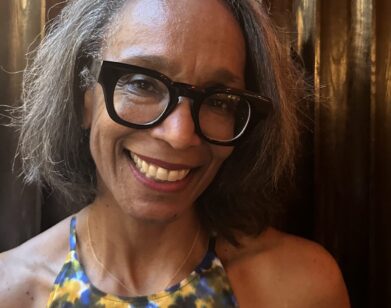EXCERPT
Willow Defebaugh Shares an Essay From Her Book The Overview
Last month, we invited Atmos co-founder and editor-in-chief Willow Defebaugh to take part in Search History, in which the writer and climate activist revealed her love for woolly mammoths and The RealReal. Now, we’re sharing an exclusive excerpt from her forthcoming essay collection The Overview: Meditations on Nature for a World in Transition. Below, in a chapter called “Loving Nature,” Defebaugh writes that “remembering how to love one another and our planet again is what we are all tasked with.”
———
Loving Nature
“When we love, we always strive to become better than we are. When we strive to become better than we are, everything around us becomes better too.” ―Paulo Coelho
I am equally enamored by explaining the magnificent phenomena of our universe that we do understand as I am by waxing poetic on the parts that we do not. Of the latter category, there is one that has consistently emerged as an enigma across cultures and centuries, sonnets and symposiums: love.
Why do we love—and more importantly, what is it? Is love a relationship? An energy exchange? A chemical reaction? A sexual attraction? An emotional intelligence? A divine force? An evolutionary engine? Is it a tool for social survival used to forge stronger bonds between individuals? And if that is the case, then what purpose would it serve for it to linger once a loved one is lost? Why do we hold on? And where does love go when it does?
Regretfully, I do not have the answer to these questions. I do have a theory, though: perhaps we love because it is our nature. Perhaps it is nature itself. All the potential definitions I’ve posed also apply to ecosystems. They are made of relationships and energy exchanges, chemistry and copulation. They are woven together by unseen forces and are demonstrations of evolution and intelligence.
When Dr. Suzanne Simard began her career in forest ecology, Western science did not view forests as the intelligent networks of interconnectivity that we understand them to be today. Her life’s work—illuminated in her book Finding the Mother Tree—led her to find that forests are more than groupings of individual lifeforms. Forests are families. And what should families be bound by if not love?
“One of the consequences of me trying to tap into the spirituality of forests and the intelligence of forests and their perceptions of us is that I get accused of anthropomorphizing a lot,” Dr. Simard told me in a conversation for Atmos. “If we are so blinded and so rigid that we can’t even go there to look at our spiritual connection to forests and their spiritual connection to us, then we’re going to continue to screw up, because we are part of nature. We are part of these forests ourselves.”
Love isn’t something we fall in or out of, but something we remember we are part of—much like we are part of nature. Remembering how to love one another and our planet again is what we are all tasked with. Losing sight of that love might just be the only crisis there is. So what would happen if we viewed every obstacle in our life as an invitation to love more? When we fail, can we show ourselves love anyway? When we come into conflict with someone, can we practice loving them still? And when I say love, I mean the healthiest expression of it: love that demands accountability and offers room for redemption, that puts the good of the whole over the few, that makes us strive to do and be better than we ever thought ourselves capable of.
An integral part of Dr. Simard’s findings was, as her book’s title suggests, the mother trees—those at the center of every web of connection found within forests. They led her to ask a question at the heart of all this work: “What am I, if I don’t give back?” The same way we lay the groundwork and expend our energy in service of the generations to come, she found that when mother trees die, they give their energy away to surrounding trees. So maybe that’s the answer: love doesn’t go anywhere. Even in passing, it nourishes us.







